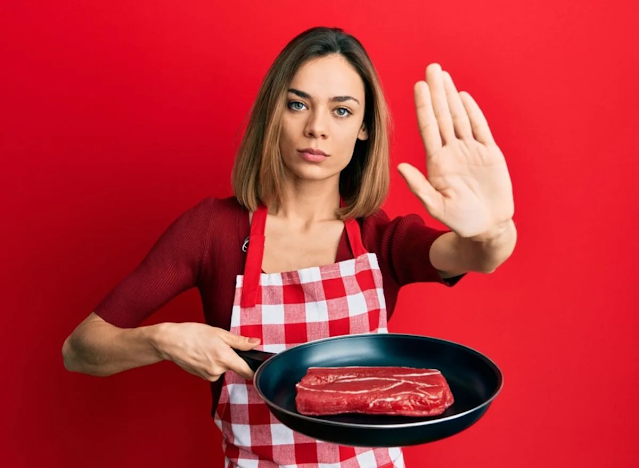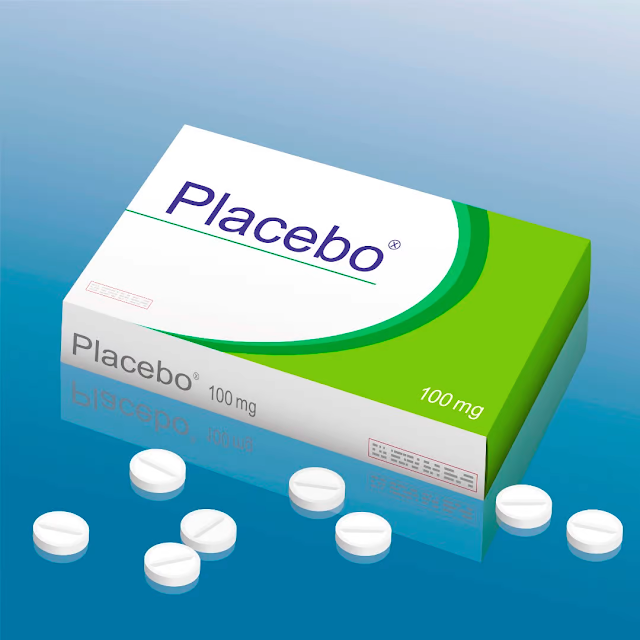Red Meat Causes Cancer: Myth or Fact?
This blog post is from the Nurse Kim archives of myth busting. I want to share some "alternative" or maybe just lesser known health and wellness viewpoints for you to chew on.
*These posts are not intended as official medical advice.
They ARE meant to be fun, informative, and thought provoking, hopefully sparking an interest for you to do your own research (you can start with the links I provide!) and discover the marvels of the human body, and how it can function at its optimal performance level if we understand how it works and interacts with our environment and our diet.
I have a passion for health and wellness through lifestyle and nutrition and have done thousands of hours of research in addition to being a registered nurse for 23 years. I have done A LOT of self-experimentation in and around diet, lifestyle, body care, and supplementation and have spent a lot of time looking into the science behind it all (or lack thereof!). Check back weekly for the latest post!
-----
Might as well pick up where we left off last semester, with a BANG! Those of you who read my last post of the Fall 2022 semester (I Confess: I Don’t Eat Vegetables!) may already know where this is going but I want to dig in and give you the juicy, meaty 😉 back story AND of course, the science.First off, why do we think red meat causes cancer?
5 FUN FACTS AND "CUPS OF RIBS"
Observational data was collected from the responses to something called food frequency questionnaires (FFQs) and this data showed a supposed correlation between red meat and cancer. Let’s go through the facts and I’ll let you decide…- Let’s quickly talk FFQs. In this data set, they interviewed the participants once every 4 years for 20 years (so 5 times total). Let me repeat that in case you didn’t catch it. They asked the participants about what they had been eating ONCE EVERY 4 YEARS.
I don’t know about you, but I don’t remember what I had for breakfast, let alone last week, or last year, OR THE LAST 4 YEARS!- They also asked questions like, “How many cups of ribs did you eat in the last 4 months?” As if the “every 4 years” thing wasn’t bad enough, this puts it absolutely over the top.
CUPS OF RIBS? Does anyone measure their ribs in CUPS first of all?I don’t think I need to belabor the ridiculousness of this method of “research.” The fact of the matter is, FFQs are NOT SCIENCE and very rarely, if ever, should be used to make sweeping declarations or policy changes.
- The data set also showed a CLEAR “healthy user bias” whereby people who reported eating less meat, also smoked and drank less, and had less diabetes.
Gee, do you think that might have an affect on their cancer risk?
In attempting to show a correlation with observational data so poorly collected, it is SO important to have a STRONG relative risk ratio. What’s a relative risk ratio? This is what evolves the observational correlation to a probable causation due to the totality of other factors linking the 2 things together.Any relative risk ratio less than 2 is considered by some researchers as simply ‘background noise’ and very poor evidence for proving causation.
- The relative risk ratio here was 1.28. Yeah. And to make matters worse, the data wasn’t even NEW!
- It was simply a review of the old observational data from the Health Professionals Follow Up Study from 1986-2016.
And the World Health Organization came out all enthusiastic with their “red meat causes cancer” declaration in 2020. So, what do you think?? Are you calling BS? In my humble (and well researched) opinion, you simply cannot make extreme claims and global health recommendations that defy all our ancestral eating patterns based on ABYSMALLLY low-quality evidence.
The data needs to be compelling. Period.
The researchers themselves, don't even definitively make recommendations in the conclusion of the study: “Substituting high quality plant foods such as legumes, nuts, or soy for red meat MIGHT reduce the risk of [coronary heart disease] CHD. Substituting whole grains and dairy products for total red meat, and eggs for processed red meat, MIGHT also reduce this risk.”
But the HEADLINES (which is all anyone reads) say:
- “Get Rid of Red Meat to Help Your Heart” – US News and World Report
- “Swapping Red Meat for Plant Based Foods Can Reduce Heart Disease Risk” – Consumer Affairs
Well, that’s all I got. Until next week ya’ll. Love ya, bye!
Ref: https://www.dietdoctor.com/new-study-claims-red-meat-leads-to-heart-disease




Comments
Post a Comment